UNSC to hold session on Kosovo on Monday
The UN Security Council will hold on Monday a session at which a regular three-month UNMIK report on the situation in Kosovo will be presented.
Sunday, 13.05.2012.
14:22

The UN Security Council will hold on Monday a session at which a regular three-month UNMIK report on the situation in Kosovo will be presented. Serbian Foreign Minister Vuk Jeremic will attend the session. UNSC to hold session on Kosovo on Monday In his new report Tanjug had access to, UN Secretary General Ban Ki-moon cautioned about tensions and risks threatening to hamper stability in Kosovo, and said that there will be not be much room for the dialogue between Belgrade and Pristina in the coming months. The report states that the number of criminal acts directed against ethnic minorities in Kosovo has increased in the period February-May 2012, that is when compared to the same period last year. The UN secretary general also cautioned that the number of returnees has reduced in the same period, and that only 136 people returned to Kosovo in the past three months. The returnees include 33 Serbs, 10 Roma, 83 Ashkalis, eight Bosniaks and two Albanians. This is 48 percent less than in the same period 2011, when 264 persons came back to Kosovo. Tensions and confrontations pose a great risk to stability in Kosovo and the entire region, and there is still considerable resistance of Kosovo Albanians to legal measures protecting Serbian cultural and religious heritage in Kosovo, the report says. At the previous session which was held on February 8, ambassadors of the UN Security Council member states called for the continuation of dialogue between Belgrade and Pristina and for finding a decision about representation of Kosovo in regional forums, which was accomplished later in March. One of the main topics of the February session was the investigation into organ trafficking in Kosovo, following reports by Council of Europe (CoE) Special Rapporteur Dick Marty, but the UN Security Council member states then put forward different views of whether an investigation should be carried out by EULEX, as advocated by the U.S. and other NATO members, or by the UN, as advocated by Russia and China. Almost a year and a half ago, EULEX began an investigation into the trafficking of human organs, but has not yet released any data on how the investigation is progressing and whether indictments for those crimes might be expected soon. The UN Security Council (Beta, file) Tanjug
UNSC to hold session on Kosovo on Monday
In his new report Tanjug had access to, UN Secretary General Ban Ki-moon cautioned about tensions and risks threatening to hamper stability in Kosovo, and said that there will be not be much room for the dialogue between Belgrade and Priština in the coming months.The report states that the number of criminal acts directed against ethnic minorities in Kosovo has increased in the period February-May 2012, that is when compared to the same period last year.
The UN secretary general also cautioned that the number of returnees has reduced in the same period, and that only 136 people returned to Kosovo in the past three months. The returnees include 33 Serbs, 10 Roma, 83 Ashkalis, eight Bosniaks and two Albanians. This is 48 percent less than in the same period 2011, when 264 persons came back to Kosovo.
Tensions and confrontations pose a great risk to stability in Kosovo and the entire region, and there is still considerable resistance of Kosovo Albanians to legal measures protecting Serbian cultural and religious heritage in Kosovo, the report says.
At the previous session which was held on February 8, ambassadors of the UN Security Council member states called for the continuation of dialogue between Belgrade and Priština and for finding a decision about representation of Kosovo in regional forums, which was accomplished later in March.
One of the main topics of the February session was the investigation into organ trafficking in Kosovo, following reports by Council of Europe (CoE) Special Rapporteur Dick Marty, but the UN Security Council member states then put forward different views of whether an investigation should be carried out by EULEX, as advocated by the U.S. and other NATO members, or by the UN, as advocated by Russia and China.
Almost a year and a half ago, EULEX began an investigation into the trafficking of human organs, but has not yet released any data on how the investigation is progressing and whether indictments for those crimes might be expected soon.













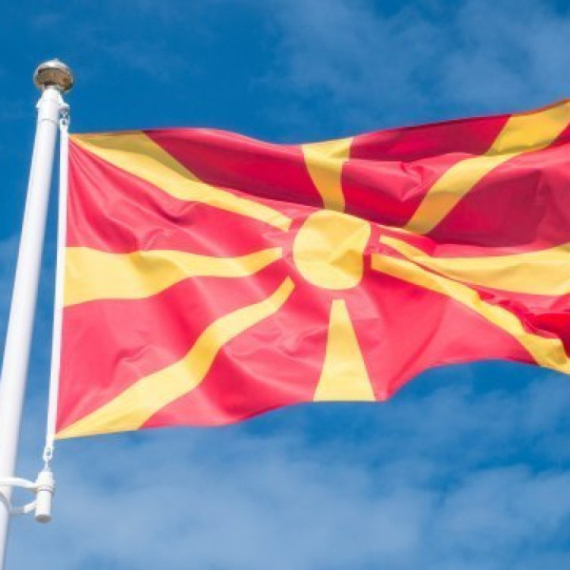
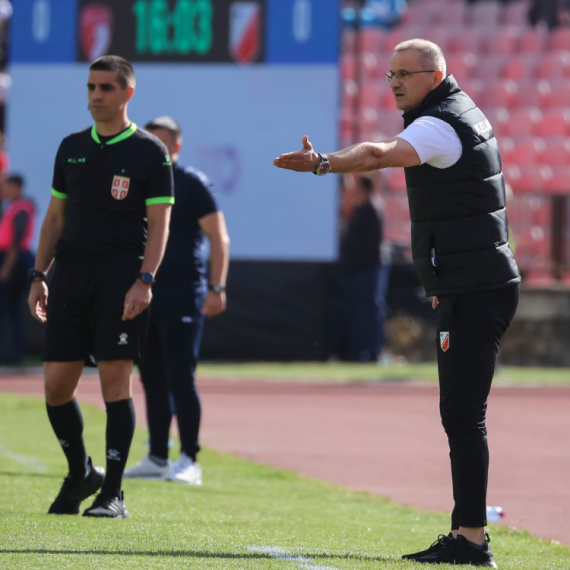
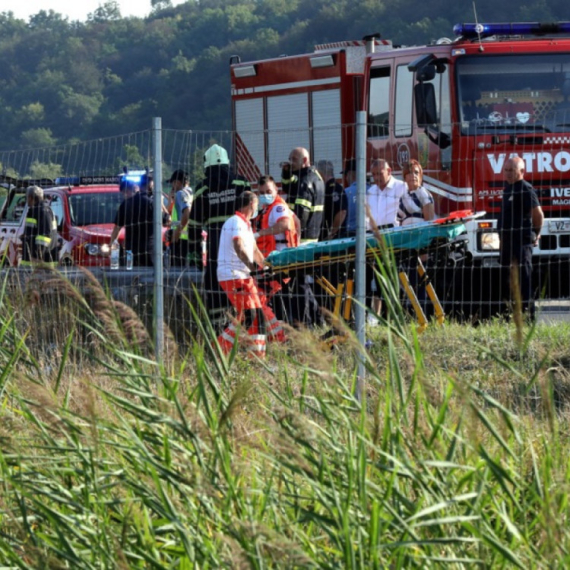
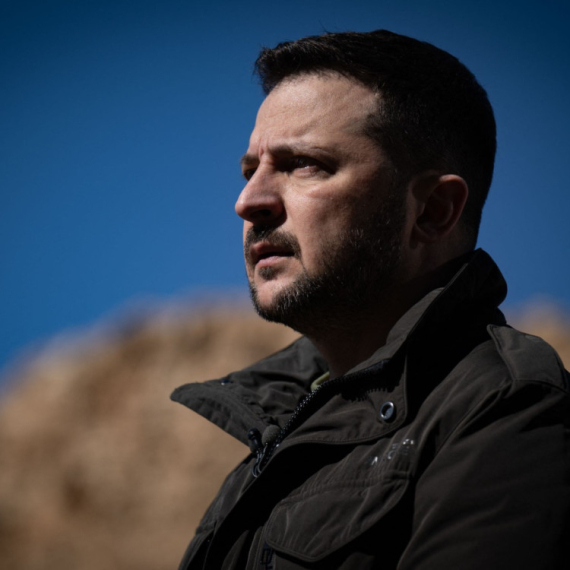
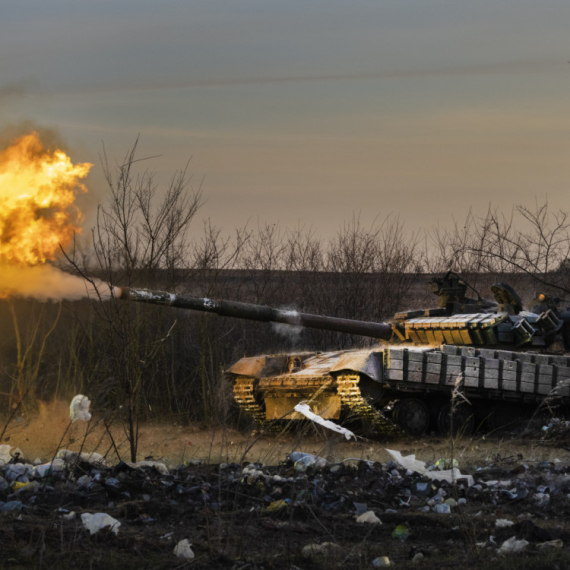





































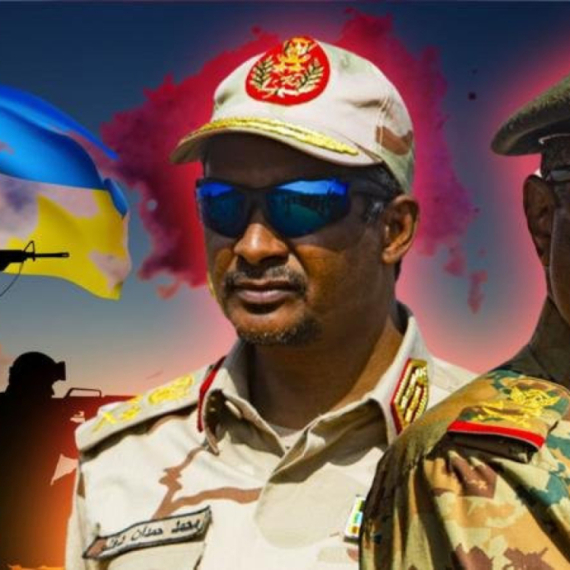


Komentari 4
Pogledaj komentare